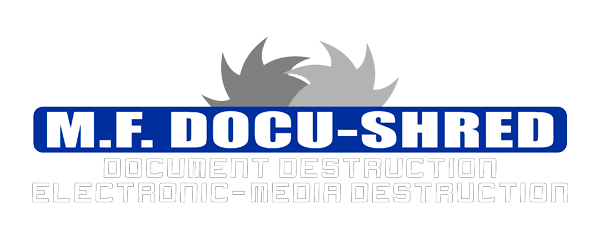Is Shredded Paper Dust Harmful?
When it comes to document disposal, shredding is a widely recognized and widely adopted method. By shredding sensitive documents, we ensure the protection of confidential information and prevent identity theft. However, during the shredding process, small particles of paper, commonly referred to as shredded paper dust, are produced. This article aims to address the concerns […]

